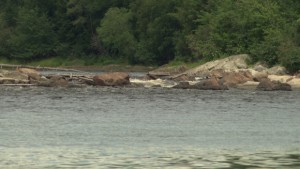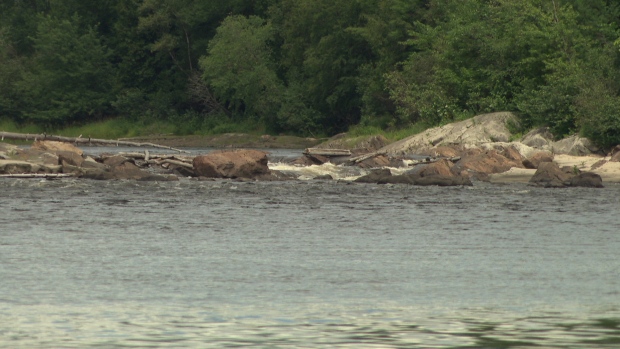Quebec to rename sites with names containing the “N” word

BY LISA FRENCH
In a news release on Friday, a provincial commission in Quebec, Canada, announced that it had “de-officialized” the names of eleven Quebec sites that contain the word “nègre,” the French for “nigger.” The authorities said the sites will be renamed but didn’t say when.
“Some of these place names, over time, testify to historical events,” the statement read, adding, “However, even if the words ‘nigger’ and ‘negro’ are of ancient usage, they can violate the dignity of the members of the black community.”
This came as the result of a campaign started in August by a McGill University PhD candidate, Rachel Zellars, who specializes in the history of slavery and black Canadians. Zellars reportedly started the petition after learning in the media that no official complaint has ever been made against the names.
“The history of Black slavery and anti-Blackness in Quebec has been well-documented in the work of scholars and historians who study New France and Quebec,” the petition, which was signed by nearly 2,000 people, stated, adding:
“As the American South has recently and dramatically been forced to reckon with the contemporary scars of its violent “past”–symbols (such as flags and place names) of racial and colonial oppression–, it would be telling if Quebec, in the name of its own righteousness, would refuse to also commit to such a process.”
The petitition stated, forcefully:
“Finally, importantly, we are insisting that the Rapids currently named, ‘Nigger Rapids’ in Bouchette, be renamed to memorialize the dead—that is, to honor the memory of the Black couple who struggled in this body of water and tragically died there in 1912. We want to know their names, just as we know Cartier, Champlain, etc. as markers for real human beings who lived and died in Quebec, rather than as racial or ethnic slurs. We want the names of these two human beings to be named so that we can carry their memory forward.”
Read more at: http://www.ipetitions.com/petition/removing-nigger-from-quebecs-natural-sites
Following the press release on Friday, Rachel Zellars was quoted by The Canadian Press, an online news source, as saying of the petition: “It was my way of saying ‘let me show you some disagreement.’”
In addition to the “Nigger Rapids,” [spelled with one ‘g’ as of late] which was named for the large presence of African-Americans along its banks in the early 19th century, the sites include: Lac du Nègre and Ruisseau du Nègre in west Quebec, Rivière du Nègre near Drummondville, Le Buttereau-du-Nègre on Îles-de-la-Madeleine and Lac à Ti-Nègre near Shawinigan, not to mention a site in Saint-Armand called ‘Nigger Rock,’ where former black slaves are believed to have been buried between 1794 and 1833.
Zellars stresses the need to ensure that history be preserved in the renaming of these sites that are historically important to the black community. In its press release, the commission acknowledges the need to respect the history of the places and the presence of the black community in those locations. Zellars also said she hopes the authorities carry out the process in collaboration with members of the province’s black community and historians so that the names reflect the sites’ importance to the local black history.
But not everybody agrees with the move. In reaction to the decision, William Spencer Downing at Bongarde Media, writes:
“I have an intense dislike for this historical revisionism. Human history is full of amazing cruelty, but also amazing kindness. If we are to learn from the past, it must be presented as it was. Warts and all. To try and shield people from past only does a disservice to our entire society as we will never know the path we need to take for a better future.”
For his part, David Ostrosser, a translation researcher at Translation, writes:
“Apart from the problem of treating the “N” word and the word ‘nègre’ as equivalent (which they certainly are not), I hope that the topology committees will find some way of preserving the historical reference indicated by the names: there is a reason why they were named after Black people, and that story should not be lost.”


